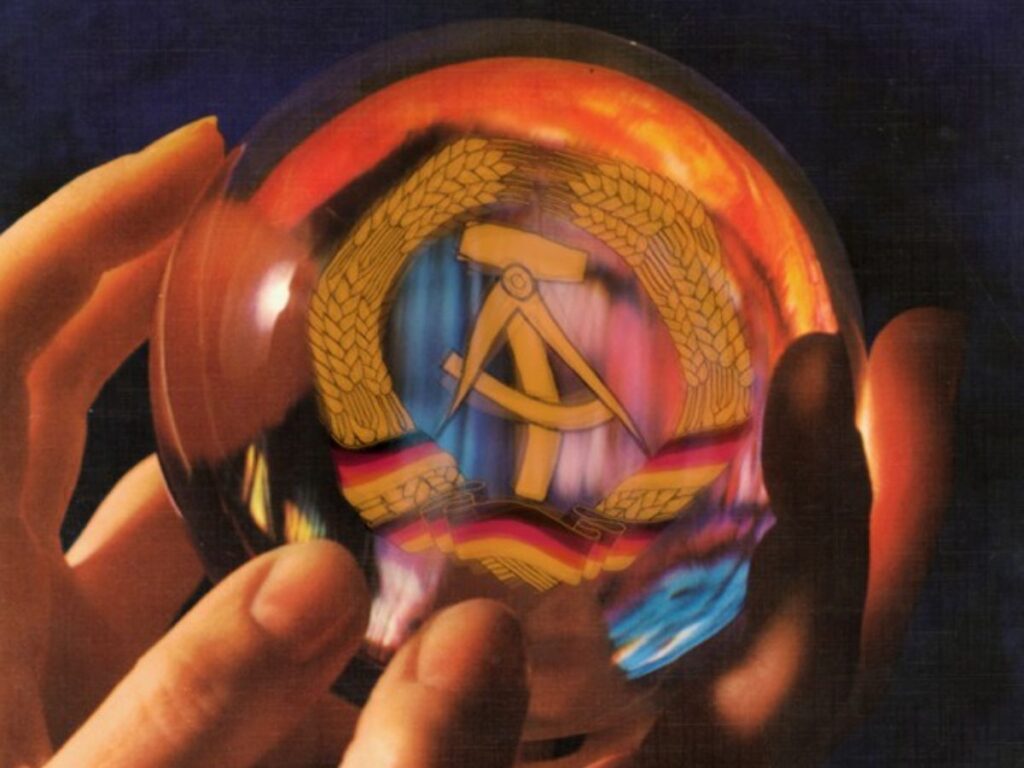The focus is on the significance of heterodox interpretations in modern societies and their relationship to orthodoxy. Particularly in the field of frontier areas, corresponding considerations immediately come to mind: “true” versus “false” knowledge, paranormal experiences and exceptional forms of practice, true belief and false superstition, scientific mainstream versus para- or pseudo-science, factual knowledge versus alternative definitions of reality… There is no question that, in addition to (scientifically and in the real world) accepted knowledge, a certain amount of deviant knowledge always circulates in societies, which may not describe, interpret and explain reality as a whole, but specific parts of it differently, and in this sense is in a conflict of validity with orthodoxy (which usually leads to rejection).
Society–Knowledge–Discourse
Heterodox Knowledge, Experiences and Practices
Introduction
But what does this mean in concrete terms?
How exactly can orthodox and heterodox knowledge be distinguished in historical or contemporary societies? Who determines this? And what happens to the people who have such experiences or practice practices?
The list of questions is long and refers equally to theoretical-conceptual considerations and empirical case analyses. Specifically, for example, the following research topics are addressed:
Sociological conception of the concept of heterodoxy including discursive differentiation processes with regard to borderlines, attempts at compartmentalization, transition zones
Concrete empirical manifestations and fields of heterodoxies (individual, collective, lifeworld, scientific), their social dissemination and acceptance
Identification of (scientific, life-world…) defense and nihilation strategies
